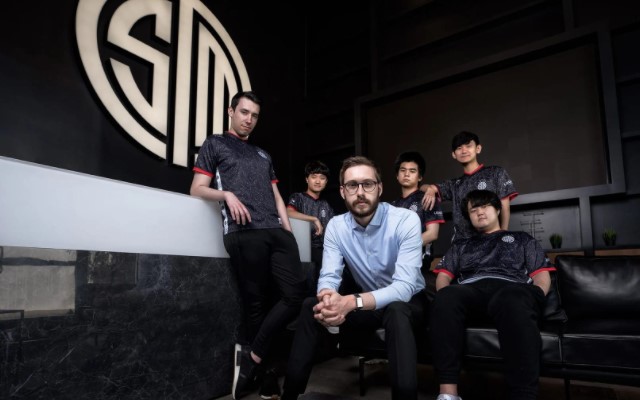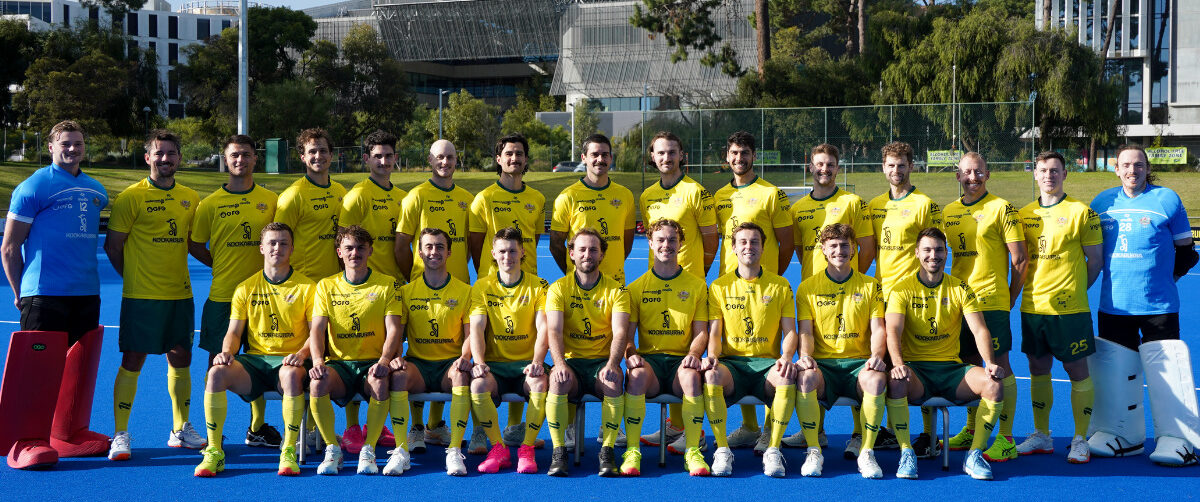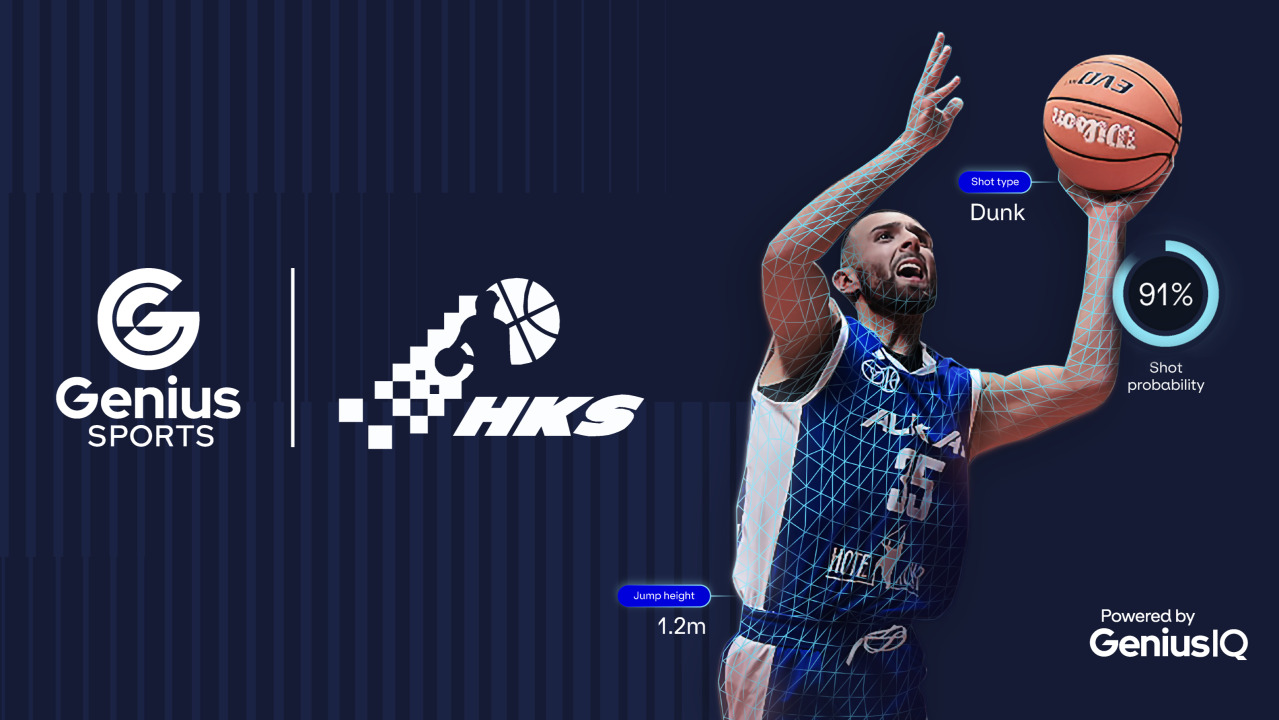What Does The $210 Million TSM-FTX Partnership Mean For The Esports Industry?

Earlier this week, US esports organisation, Team SoloMid (TSM), inked a record-breaking deal with cryptocurrency trading platform, FTX, in a 10-year deal worth USD$210 million (AUD$271 million).
The naming rights deal is the largest sponsorship deal in esports’ history with TSM set to rename themselves to TSM FTX.
On the deal, TSM founder and chief executive, Andy Dinh, said: “This deal is extremely important to the future of our organisation, but it was equally as important for me personally to partner with such a visionary leader.”
According to BIG Esports founder and CEO, Chris Smith, the deal will not become commonplace, at least for the short term.
“It’s a large outlier,” Smith told Ministry of Sport.
“Newzoo [a gaming data analytic website] stated that the entire esports industry was valued at approximately USD$970 million (AUD$1.25 billion) in 2020.
“This single deal is almost 22% of that entire figure,” he said.
However, the deal is massive compared to other deals across the sporting landscape, according to Smith.
“This deal is an extremely large financial equipment that dwarfs most tier one global sports sponsorships,” Smith said.
“It says to me that FTX is likely betting on the long-term growth of the industry.
“In comparison, FTX signed a 19-year deal for USD$135 million (AUD$174 million) with Miami Heat’s home arena,” he said.
The deal has experienced a setback with Riot Games not allowing TSM to use FTX as a name in League of Legends and Valorant broadcasts.
The name and jersey sponsorship with FTX is in violation with the developer’s guidelines around partnerships with cryptocurrency exchanges.
The League of Legends Championship Series (LCS) has approved the partnership between TSM and FTX but will place restrictions on the use of FTX branding.
Riot head of esports for North America and Oceania and interim LCS commissioner, Chris Greely, said: “The TSM and FTX sponsorship deal does not break any LCS sponsorship rules, but crypto exchanges fall under a category of sponsorship that carries activation restrictions,
“As a result, TSM’s new naming convention and FTX brand placement on TSM jerseys will not apply to the LCS or other Riot Games esports in North America.”
It is also interesting to note there is a potential for the deal to not just be paid in USD or upfront as Smith speculates.
“There are further possibilities that some of the sponsorship could be tied to performance metrics or provided in the form of tokens or other cryptocurrencies,” Smith told Ministry of Sport.
While it remains to be seen if deals such as this become a future sponsorship standard in the esports industry, the deal does speak to the growth of the industry as well as the future of the sport.
It's free to join the team!
Join the most engaged community in the Sports Business World.
Get all the latest news, insights, data, education and event updates.






